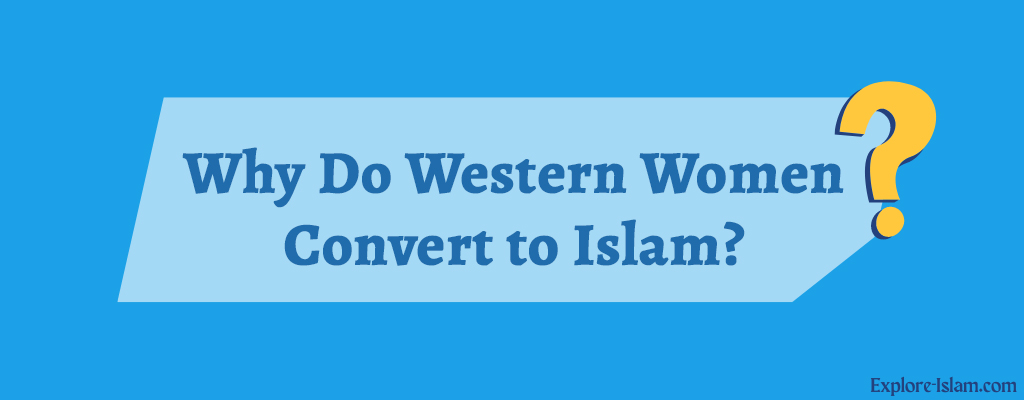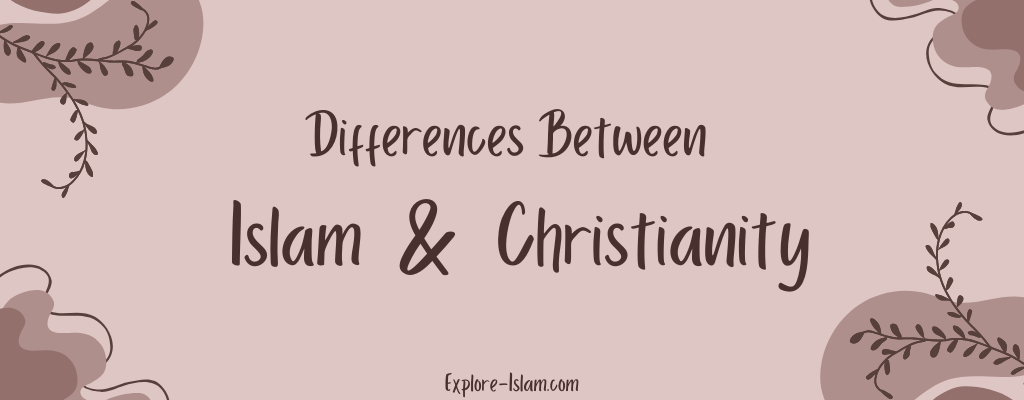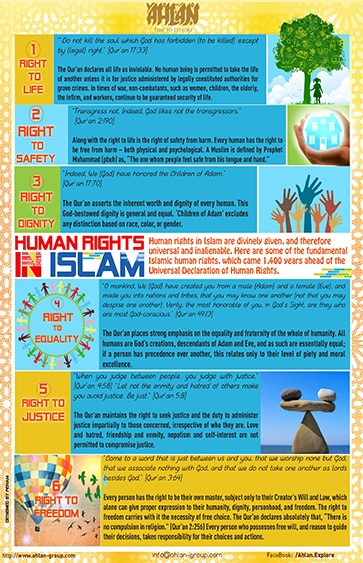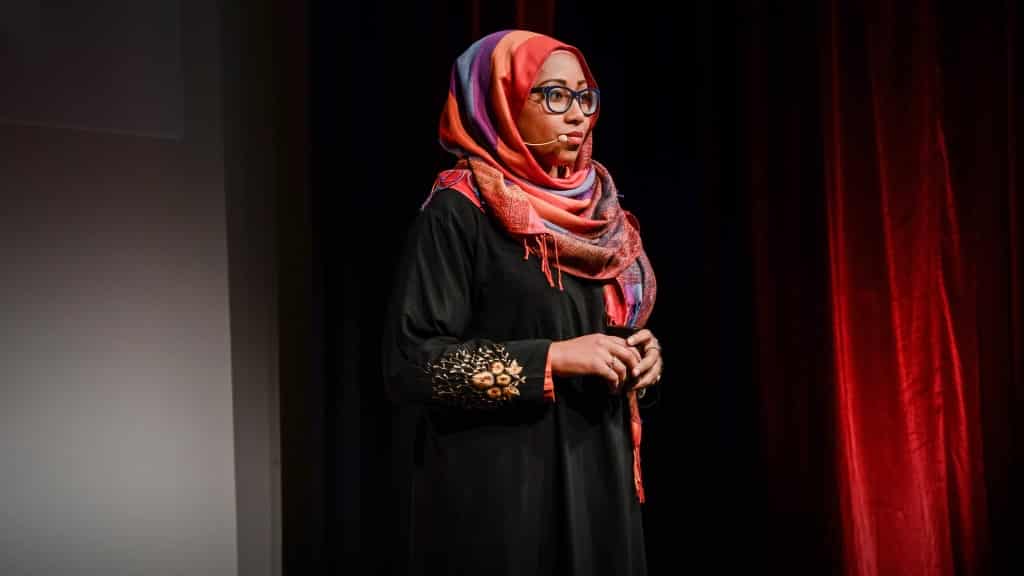Although I embraced Islam long ago, I continually discover new reasons to affirm my faith. While numerous scientific studies support the truth of Islam, my insights are based on personal experiences.
This article explores compelling reasons to embrace Islam, highlighting its profound impact on various aspects of life. Keep reading to discover the beauty of Islam and how it enriches everyday living.
1. Fulfillment of Man’s Need for a Purpose
Human beings are inherently designed to seek a purpose in life. Islam provides a clear purpose: worshiping the Creator. When I lack a purpose, I often feel empty, despite temporary materialistic pleasures. However, embracing the purpose of life as defined by Islam brings me profound satisfaction and happiness. It aligns with the natural human need for a meaningful existence.
Related:
2. Practical Concept of Worship
In Islam, worship extends beyond the five pillars—Monotheism, daily prayers, Zakat (charity), fasting during Ramadan, and Hajj (pilgrimage). It encompasses any action performed to please the Creator. Whether it’s working to support one’s family, helping others, or even sharing a smile, these actions are considered acts of worship. This broad understanding of worship helps integrate spiritual practice into everyday life.
3. Emphasis on Social Life
Islam places a high value on relationships with parents, relatives, and neighbors, regardless of their faith. Allah says in the Qur’an:
“And your Lord has decreed that you not worship except Him, and to parents, good treatment.” [Quran,17/23]
Additionally, the Prophet Muhammad (PBUH) emphasized the importance of maintaining good relations:
“The bond of relationship is suspended from the Throne, and says: ‘He who keeps good relations with me, Allah will keep connection with him, but whosoever severs relations with me, Allah will sever connection with him.'” [Al-Bukhari and Muslim]
Islam also promotes strong friendships, encouraging mutual support in both material and religious matters. Weekly family gatherings and mutual assistance in my own life illustrate the practical benefits of these teachings.
Read also:
- Effective Tips To Keep Your Family Bonds
- 4 Things To Know When Visiting a Muslim House – Islamic Household Rules
3. Balance Between Body and Soul
Islam encourages a balanced approach to life, advocating for engagement with the world while also nurturing one’s spiritual and physical well-being. Unlike some religious traditions that promote isolation, Islam calls for active participation in societal reform and personal development. The Qur’an denounces monasticism innovated be Poeple of Scripture saying:
“And monasticism, which they innovated; We did not prescribe it for them except [that they did so] seeking the approval of Allah. But they did not observe it with due observance.” [Quran translated, 57:27]
4. Pursuit of True Happiness
Happiness is a universal goal, but Islam provides a balanced approach to achieving it. By aligning with both worldly and spiritual objectives, Islam promises a fulfilling life. Allah assets in the Qur’an the special feelings guaranteed by true practice of Islam:
“Whoever does righteousness, whether male or female, while he is a believer – We will surely cause him to live a good life, and We will surely give them their reward [in the Hereafter] according to the best of what they used to do.” [Quran translated: 16:96]
5. Islam is The Religion of All Prophets
Islam is not a new religion introduced by Prophet Muhammad (peace be upon him); it is the religion of all Prophets and Messengers sent by God. The Qur’an reveals that every Prophet and Messenger, from Noah to Jesus, conveyed the message of Islam. God says:
“And We certainly sent into every nation a messenger, [saying], “Worship Allah and avoid taghut (False object of worship).” (Quran, 16:36)
6. Islam is The Religion of Fitrah
Islam aligns with the Fitrah, the innate nature with which God created humans. This pure nature guides people towards worshipping God alone.
Read also:
7. Islam is Abraham’s Religion
Abraham sought to free his people from idol worship and dispel myths and legends by questioning their beliefs about idols. When his people persisted in worshiping these false gods, Abraham aimed to demonstrate through practical and rational evidence that such worship was futile. He used logic and reason to show that planets and stars, which his people revered, were merely dependent creations and held no power to cause harm or bring benefit. They lacked the ability to give life or cause death.
In his quest to reveal the futility of idol worship, Abraham argued against the worship of celestial bodies by highlighting their impermanence. Allah says about Abraham: “I have turned my face towards the One Who has originated the heavens and the earth—being upright—and I am not one of the polytheists” [Qur’an 6:79].
By using these logical and practical arguments, Abraham effectively demonstrated the absurdity of polytheism and affirmed the worship of the one true God. This rational approach exemplifies the way to seek the true divine by aligning with one’s innate nature and reason.
Read also:
8. Status of Women in Islam
Islam profoundly honors women, recognizing their crucial roles in various aspects of life. Here, we explore the elevated status of women as mothers, wives, and daughters, highlighting their rights and the respect they command in Islamic teachings.
The Woman as a Mother
In Islam, a mother is held in the highest regard. The religion emphasizes respecting, obeying, and treating mothers with kindness and gentleness. Pleasing one’s mother is considered synonymous with pleasing God (Allah). The significance of a mother is so profound that Islam teaches that Paradise lies at her feet and that the best way to attain Paradise is through her.
Islam forbids any form of disobedience or disrespect towards one’s mother, including even mild words of disrespect. The mother’s rights are emphasized as greater than those of the father, and the duty to care for her intensifies as she ages and becomes more vulnerable. This is reflected in numerous texts from the Qur’an and Sunnah (Prophetic teachings).
For instance, Allah says in the Qur’an:
“And We have enjoined upon man, [care] for his parents…” [Qur’an 46:15] (1)
Additionally, Islam mandates that a son should financially support his mother if she is in need and he is able to provide. Historically, it was unheard of for a mother to be placed in a care facility or for her sons to neglect her needs. Such practices were contrary to Islamic principles, which emphasize maintaining a mother’s dignity and support.
Read: Parents in Islam: Why Parents Come First In Quran, Just After Allah?
The Woman as a Wife
Islam also elevates the status of women as wives. The religion instructs husbands to treat their wives with kindness, tolerance, and respect. The wife has rights over her husband similar to his rights over her, although the husband holds a degree of responsibility due to his role in managing the family’s affairs.
Islam asserts that the best Muslims are those who treat their wives with the utmost respect and tolerance. Husbands are forbidden from taking their wives’ money without their consent.
Allah instructs: “And live with them in kindness…” [Qur’an 4:19]
Read:
- Beautiful Quran Verses About Love And Marriage: Relationships in the Quran
- Marriage in Islam Full Guide to Rights and Duties
- Divorced Women in Islam: How Does Islam deal with This Social Problem?
Honoring Woman as a Daughter
Islam honors women as daughters and encourages their proper upbringing and education. Raising daughters is considered a virtuous act that brings significant rewards. The Prophet Muhammad (PBUH) said:
“He who raises two daughters properly until they reach maturity, he and I will be like this on the Day of Resurrection,” and he interlaced his fingers to illustrate the closeness between him and that person. (Sahih Muslim)
In summary, Islam places great emphasis on the respect and care of women in their roles as mothers, wives, and daughters, reflecting the religion’s deep appreciation for their invaluable contributions and status.
Conclusion
In conclusion, embracing Islam offers profound benefits that enhance both this life and the hereafter. To explore these benefits further, consider reading the Qur’an and learning from the experiences of converts: Muslim Converts Stories. Discover your own potential and the transformative impact of Islam on life.
















